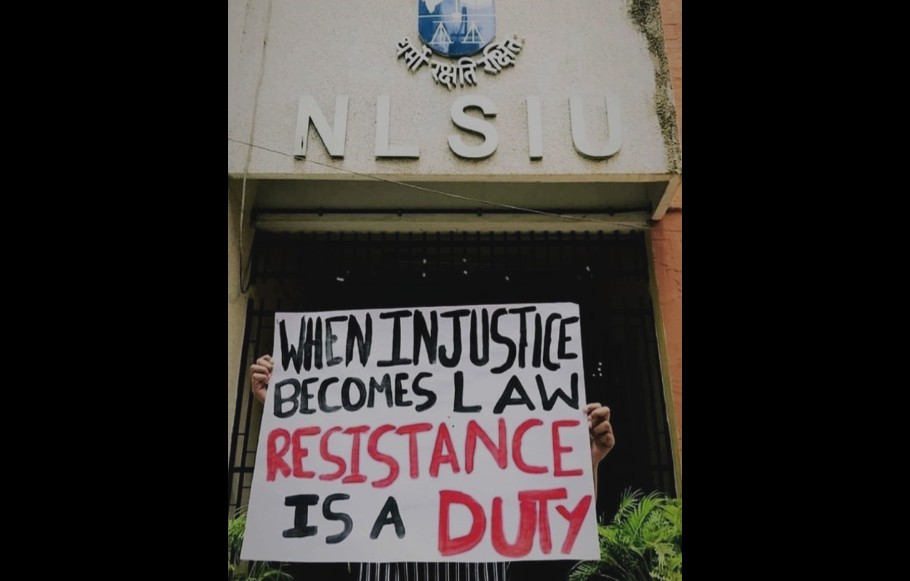
Karnataka moots 25% reservation for locals in law school

Following West Bengal and New Delhi, the Karnataka government has mooted 25% reservation on the basis of domicile (for locals) in the National Law School of India University (NLSIU), Benglauru.
The state cabinet approved an amendment to this effect in the National Law School of India University Act, 1986, even though there is opposition from within the University, especially its students. The amended bill will be tabled in the next Assembly session in February.
Similar reservations are there at the National University of Juridical Sciences, Kolkata, which has 30%, and National Law University, Delhi, which has 50%. In Delhi, the National Law University students, both present and former, have written an open letter to Delhi High Court chief justice asking him to intervene.
The amended bill in Karnataka defines ‘domicile’ as a student who has studied in a recognised educational institute in the state for 10 years, and whose either parent resided in Karnataka for at least seven years.
NLSIU has a total 180 seats (80 undergraduate, 50 postgraduate and another 50 in the master’s course on public policy) and students are admitted based on a national-level Common Law Admission Test (CLAT).
During the previous Congress regime, a similar proposal was passed in the state Assembly with 50% reservation to Karnataka students. While the Siddaramaiah-led Congress wanted a 30% reservation, the BJP, sitting in the opposition sought to increase it to 50%. The governor Vajubhai R Vala, however, had rejected the bill on technical grounds even as the NLS Student Bar Association had flayed the 2017 bill.
Also read | BJP’s CAA rally runs into rough weather after workers heckle college students
Now, the BJP plans to bring back the amendment but with 25% reservation instead of the earlier proposed 50%.
NLSIU students say the move strikes at the very core ethos of the university.
“NLSIU enjoys cultural and regional diversity which contributed to enhancing our learning experience. Efforts to dilute that diversity strike at the core of the ethos of our University. The domicile reservation puts the very national character of NLSIU to question,” Mrinalini Komandur, a student at the varsity, told The Federal.
While the institution has not made its stand clear, students say the University too is against the government’s move and they will collectively (with other law schools) make a representation to the Centre and states, requesting them keep the admissions merit-based. This comes considering the limited number of law colleges and seats available across the country.
As the domicile reservation was not in place, in 2017, the state government had asked the University to implement reservation for SC/ST students. Notably, NLSIU does not reserve seats for SC/ST students while all other universities provide 18% reservation.
Meanwhile, the Advocates Association Bengaluru (AAB), wants the government to go back to the initial plan of 50% reservation.
Its president AP Ranganatha said Karnataka students have suffered a lot since the inception of NLSIU as there was no domicile reservation.
“Our request is in the interest of local students. When other states have 30-50% domicile, why not in Karnataka? Where will our students go?” he questioned.

